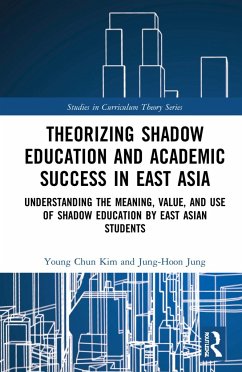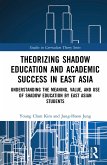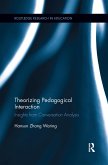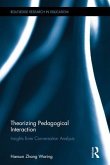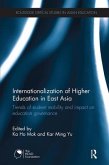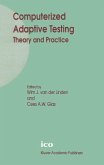This volume tackles perceived myths surrounding the academic excellence of East Asian students, and moves beyond Western understanding to offer in-depth analysis of the crucial role that shadow education plays in students' academic success. Featuring a broad range of contributions from countries including Japan, China, Taiwan, and Singapore, chapters draw on rich qualitative research to place in the foreground the lived experiences of students, teachers, and parents in East Asian countries. In doing so, the text provides indigenous insights into the uses, values, and meanings of shadow education and highlights unknown cultural and regional aspects, as well as related phenomena including trans-boundary learning culture, nomadic learning, individualized learning, and the post-schooling era. Ultimately challenging the previously dominating Western perspective on shadow education, the volume offers innovative theorization to highlight shadow education as a phenomenon which cannot be overlooked in broader discussion of East Asian educational performance, systems, and policy. Offering pioneering insights into the growing phenomenon of shadow education, this text will benefit researchers, academics, and educators with an interest in international and comparative education, curriculum studies, and East Asian educational practices and policy. Those interested in the sociology of education and educational policy will also benefit from this book.
Hinweis: Dieser Artikel kann nur an eine deutsche Lieferadresse ausgeliefert werden.
Hinweis: Dieser Artikel kann nur an eine deutsche Lieferadresse ausgeliefert werden.

